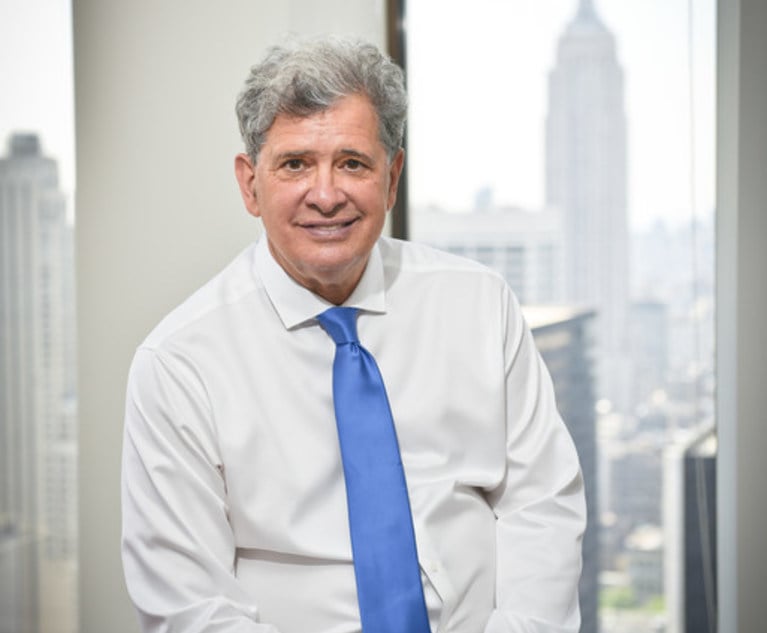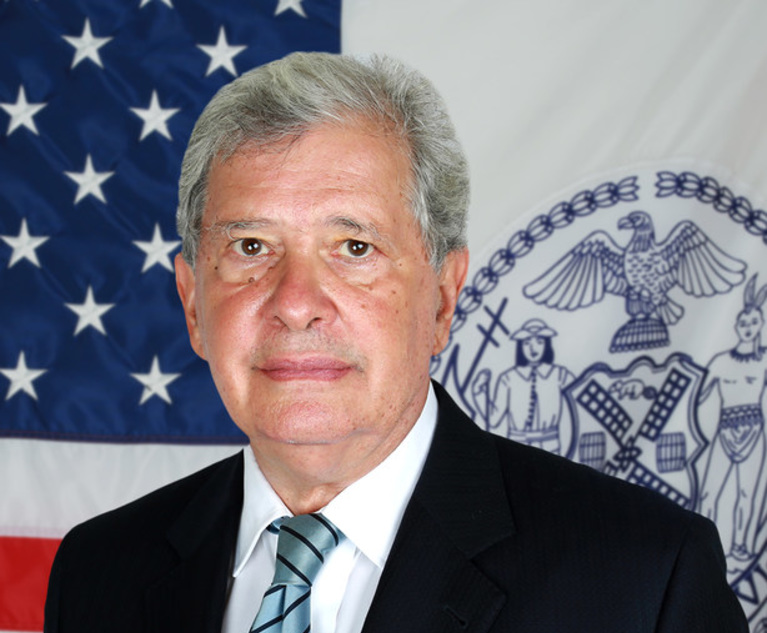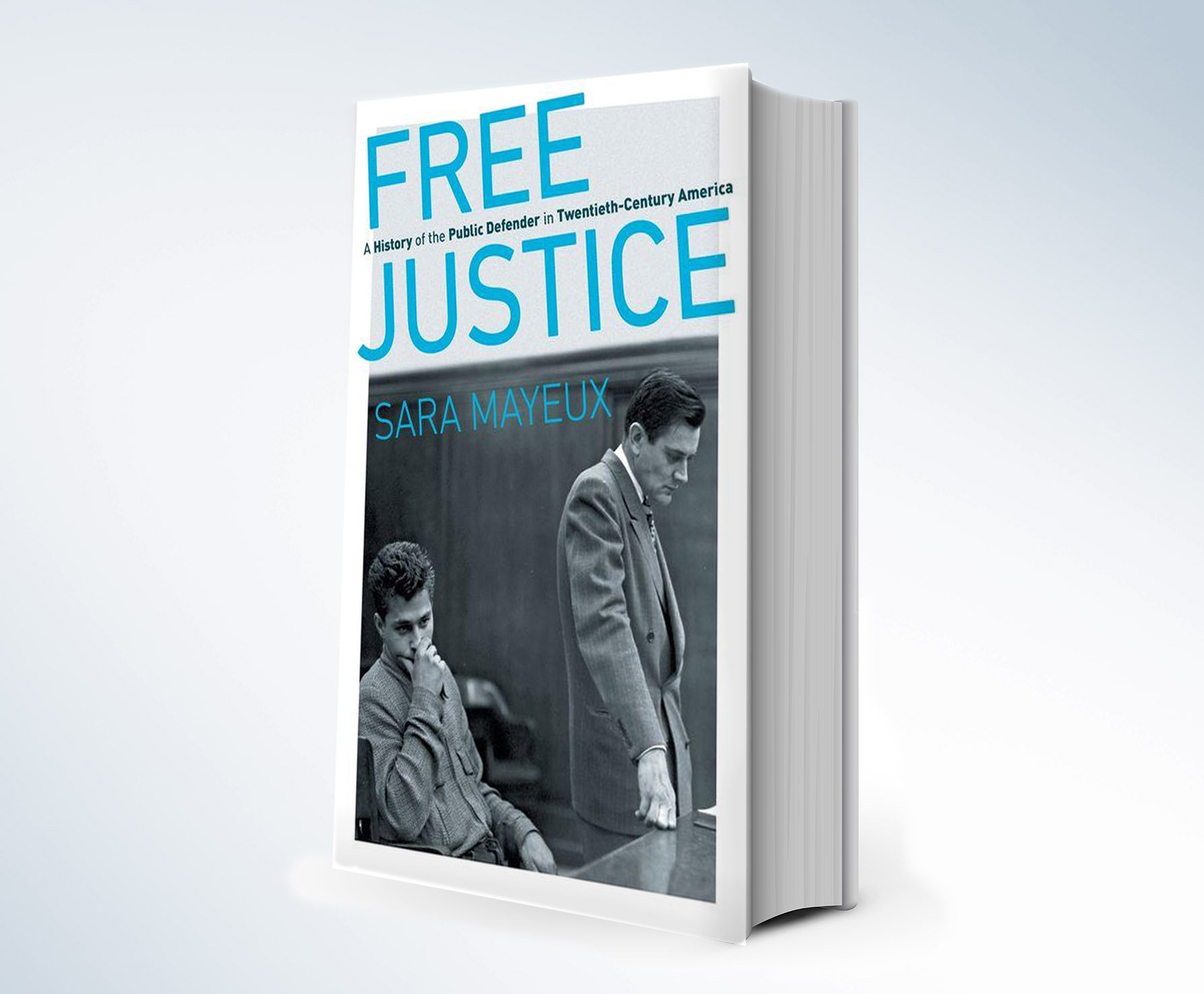Paul Shechtman

December 26, 2024 | New York Law Journal
New Acquitted Conduct Guideline: An AnalysisPaul Shechtman discusses the amendment to the Federal Sentencing Guidelines, effective Nov. 1, 2024, concerning acquitted conduct inclusing how the acquitted conduct amendment came into being and what its “unless clause” means.
By Paul Shechtman
9 minute read

August 23, 2024 | New York Law Journal
The Story of 'United States v. Margaret Sanger'Paul Shechman discusses the story of birth control activist Margaret Sanger and the effects her life's work has on the law today.
By Paul Shechtman
9 minute read

May 30, 2024 | New York Law Journal
Federal Rule of Evidence 413 and Harvey WeinsteinFollowing last month's reversal of Harvey Weinstein's sexual assault convictions, a bill is receiving consideration in the New York State Legislature that would essentially adopt Rule 413 for New York. Should it become law?
By Paul Shechtman
9 minute read

May 15, 2024 | New York Law Journal
Habeas Law and the Sex Shaming of Brenda AndrewBrenda Andrew's was convicted in Oklahoma of her estranged husband's murder in a trial in which the prosecutor dangled her throng underwear before the jury and otherwise "sex shamed" her. She has petitioned the U.S. Supreme Court to hear her case. Do the constraints of federal habeas law (AEDPA) make that unlikely?
By Paul Shechtman
8 minute read

January 26, 2024 | New York Law Journal
'Diaz': SCOTUS to Consider Expert Law Enforcement TestimonyIn November of 2023, the Supreme Court granted certiorari in United States v. Diaz, which raises a question about the admissibility of expert law enforcement testimony offered to support the prosecution's theory that the defendant knew she was transporting drugs. In his article, Yale Law Professor Paul Schechtman discusses the case and its potential implications.
By Paul Shechtman
12 minute read

December 15, 2023 | New York Law Journal
Supreme Court To Consider Forensic Reports and Confrontation Clause — AgainIn September, the Supreme Court granted certiorari in 'Smith v. Arizona,' which requires the court to reconsider its precedents on the admissibility of forensic evidence under the Confrontation Clause. As numerous courts and commentators have observed, the court's decisions, especially its 4-1-4 decision in Williams v. Illinois, have left the law muddled. Will 'Smith' provide clarity?
By Paul Shechtman
9 minute read

September 25, 2023 | New York Law Journal
'Samia': Some Hypothetical CasesVeteran criminal defense attorney Paul Shechtman presents four hypothetical cases for application of the U.S. Supreme Court's recent ruling affirming a holding by the U.S. Court of Appeals for the Second Circuit that the admission of a nontestifying codefendant's confession did not infringe upon the defendant's rights under the Sixth Amendment.
By Paul Shechtman
11 minute read

August 19, 2022 | New York Law Journal
Prosecution Overwhelmingly Prevailed, Lengthy Dissents Were FrequentJudges Rivera and Wilson were frequent dissenters: Judge Rivera dissented in 15 cases, and Judge Wilson in 17; typically they dissented together. Chief Judge DiFiore and Judges Garcia, Singas and Cannataro were in the majority in every case.
By Paul Shechtman
9 minute read

March 31, 2022 | New York Law Journal
'A Good Read' About Public DefendersMayeux writes lucidly about how public defenders became a national ideal and the shortcomings in the implementation of that ideal.
By Paul Shechtman
6 minute read

January 12, 2022 | New York Law Journal
Is Limited Remand Procedure Unconstitutional?Judge Wilson, in dissent, argued that a limited remand for a 'Frye' hearing—a hearing that should have been held in the first instance but wasn't—was unconstitutional. As best one can tell, however, no judge—state or federal—has previously reached that conclusion. Was he right?
By Paul Shechtman
12 minute read
Trending Stories
- 1Navigating AI Risks: Best Practices for Compliance and Security
- 220 New Judges? Connecticut Could Get Wave of Jurists
- 3Orrick Loses 10-Lawyer Team to Herbert Smith in Germany
- 4‘The US Market Is Critical’: KPMG’s Former Head of Global Legal Services On the Legal Arm of the Big Four Firm Entering the US
- 5Justice Marguerite Grays Elevated to Co-Chair Panel That Advises on Commercial Division



